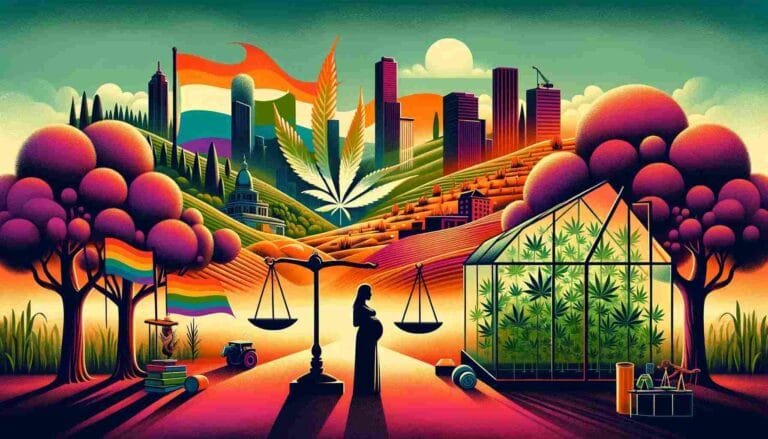India’s legal framework around controversial social issues like prostitution, same-sex marriage, abortion, and cannabis use has evolved over time. As India continues to navigate these complex issues, a balance between progressive change, cultural sensitivities, and legal safeguards is crucial for creating a more inclusive and equitable society.
Is prostitution legal in india
Prostitution in India exists in a legal gray area. While the act of engaging in sex work is not a criminal offense, many related activities are illegal under the Immoral Traffic (Prevention) Act (ITPA). These include running or managing a brothel, soliciting clients in public places, and living off the earnings of a sex worker. The law aims to curb human trafficking and exploitation, though critics argue it often marginalizes sex workers further. Some activists advocate for the complete legalization and regulation of prostitution to ensure workers’ rights and safety.
Is same sex marriage legal in india
In 2018, the Supreme Court of India made a historic decision by decriminalizing consensual same-sex relationships, overturning Section 377 of the Indian Penal Code. While this was a significant milestone for LGBTQ+ rights, same-sex marriage is not yet legally recognized. Couples in same-sex relationships lack legal protections afforded to heterosexual marriages, such as inheritance rights, joint adoption, or spousal benefits. Ongoing legal and social debates aim to address this gap, but resistance rooted in cultural conservatism has slowed progress.
Is abortion legal in india
India has relatively progressive abortion laws compared to many countries. Under the Medical Termination of Pregnancy (MTP) Act, abortion is allowed up to 20 weeks of pregnancy. In special cases, such as when there is a risk to the mother’s life or the fetus has severe abnormalities, this limit can be extended to 24 weeks with medical board approval. The law empowers women with reproductive rights but also imposes restrictions to prevent misuse. Recent amendments have included unmarried women under its ambit, marking an inclusive step forward.
Is weed legal in india
The use of cannabis is largely prohibited under the Narcotic Drugs and Psychotropic Substances (NDPS) Act. However, the consumption of bhang, a cannabis-based preparation made from leaves, is legal in some states and is even culturally significant during festivals like Holi. Advocates for legalization argue for its medicinal and industrial potential, but significant regulatory hurdles remain.
The cultivation of cannabis for recreational or commercial purposes is prohibited and punishable by law. However, there are exceptions:
Industrial and Medicinal Use:
The NDPS Act allows state governments to issue licenses for the cultivation of cannabis for industrial purposes for medicinal research. States like Uttarakhand and Madhya Pradesh have started permitting controlled cultivation of hemp for these purposes.
Traditional Use (Bhang):
The leaves of the cannabis plant, used to make bhang, are not covered under the NDPS Act and can be cultivated in some states for religious and cultural uses.


